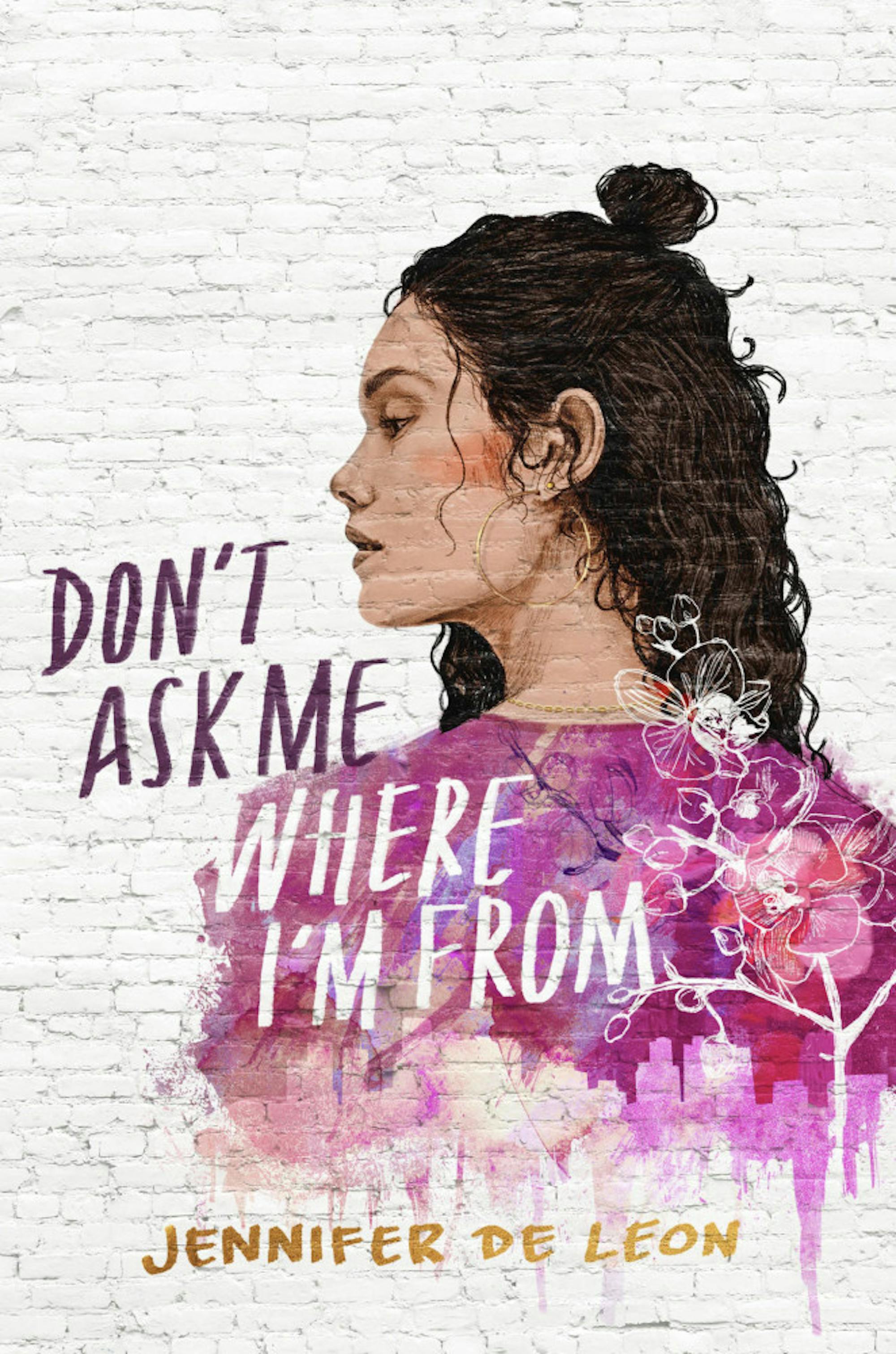The Boston Public Library (BPL) held a virtual book talk featuring one of its very own former Writers in Residence, Jennifer De Leon, on Sept. 22. An author and former public educator, De Leon released her debut young adult fiction (YA) novel titled“Don’t Ask Me Where I’m From” on Aug. 18. Centered around 15 year-old half-Guatemalan and half-Salvadoran student and Boston resident, Liliana Cruz, “Don’t Ask Me Where I’m From” was the culmination of De Leon’s term as a Writer in Residence at the BPL.
“Don’t Ask Me Where I’m From” deals with a variety of important subjects like code-switching, racism in education and the Metropolitan Council for Educational Opportunity (METCO), a long-standing program to aid in the desegregation of the Boston Public Schools that has beenboth praised and criticized. Given these pertinent conversations, De Leon’s novel becomes both a work that young adults can love and learn from, but that adults and educators can read and learn from as well.
“As a teacher, I really felt like this was a book I wanted,” De Leon said. She cited Toni Morrison’sfamous words: “If there’s a book that you want to read, but it hasn’t been written yet, then you must write it.”
Working as a public school educator off and on for many years, De Leon saw that “there weren’t any YA [novels] about a Latinx girl in Boston.” So in an effort to write the book she would have wanted to read as an educator, “Don’t Ask Me Where I’m From” was created.
Given this intention, moderator Chris Jacobs and De Leon both agreed that “Don’t Ask Me Where I’m From” is an important novel for educators to read. The book itself includes a variety of teachers who are both “woke,” and “not woke.” De Leon explained how it’s the little things, like gestures or one-off comments that can change how an educator is perceived by a student in a way that could be harmful to a student’s well-being.
In a scene from the novel discussed during the talk, one of Liliana’s teachers glances at the clock during a conversation about race that frustrates and saddens Liliana. The most compelling part about this scene is that Liliana notices.
“Kids pick up on the teacher’s discomfort, and that means to Liliana, ‘You’re uncomfortable with me,’” De Leon said. In this scene and many others, De Leon’s novel succeeds in illuminating the truth behind many instances of underlying biases against historically marginalized communities in education.
Another important component of this novel is the attention it gives to the METCO program. METCO is one of the longest-running programs whose aim is to desegregate the Boston Public School system and has been lauded and critiqued over the years. In this program, students from public schools in Boston are bussed, sometimes one to one-and-a-half hours each way, to a neighboring suburb. De Leon explained that what many people don’t know about the program is that although it began over 50 years ago, it was really “meant to last only a couple years.”
“Don’t Ask Me Where I’m From”expertly raises questions about this program and its advantages and disadvantages, without giving any kind of response. Readers are left on their own to decide if this program is advantageous. But what readers can agree upon, and what is shown in this novel, is that the METCO program can be taxing for many of its participants.
During the process of writing this novel, De Leon spoke to students who were at the time in the METCO program about their experiences. She found that there are plenty of students who succeed in this program, but that many students find the constant code-switching to be challenging. As De Leon explained, “many students don’t make it through the ‘trial’ of METCO.” Furthermore, De Leon saw that many students in fact returned to the Boston Public School system, leaving the METCO program entirely. Not only is this program intensive and time consuming, it also leaves students asking questions about their own school systems.
“We have to look at why this program exists,” De Leon said, in order to truly understand its impacts.
And then there’s code-switching, an inevitable part of the program. Code-switching,defined as “the modifying of one's behavior, appearance, etc., to adapt to different sociocultural norms,” is a term dealt with heavily in the book, and one that has surfaced inother recent YA novels such as Angie Thomas’ “The Hate U Give” (2017).
“We all code-switch, but for Liliana, she’s literally moving from one world to another” De Leon said. “There are some students for which the code-switching is too traumatizing, and it’s not their fault.”
What shines through all of these examples is De Leon’s commitment to delivering an accurate depiction of the life of a teenager who really just wants to fit in. And in order to do so, protagonist Liliana finds, and doesn’t find, support along the way.
“We need more support in communities of color and for other people who have to live between identities,” De Leon said.
And although organization-wide support systems are certainly needed, there is also a kind of emotional support that novels such as this one can offer. And as one of the only YA novels featuring a Latinx heroine living in Boston, it’s the hope that many students in the area can relate to and perhaps even see themselves in De Leon’s words.






